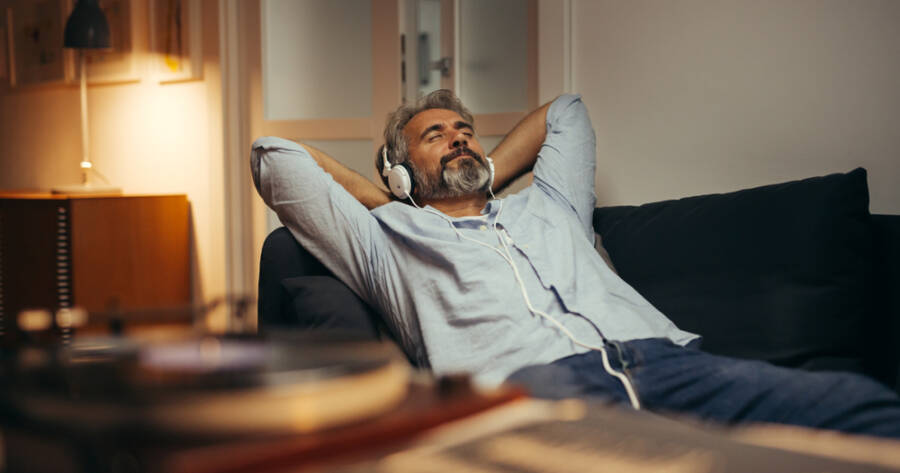Conversations about work-life balance are evolving — and Switzerland offers a model worth watching. The concept of Feierabend, common in Swiss and German-speaking regions, refers to the hours after the workday officially ends. But it’s much more than “free time.” Feierabend is a deliberate practice of rest, presence, and renewal. As EU citizens face rising stress and digital fatigue, this Swiss tradition is gaining attention as a simple but powerful tool for long-term personal growth and well-being.
What Is Feierabend, Really?
At first glance, Feierabend might seem like a synonym for “after work.” But in Switzerland, it’s not just the absence of work — it’s the presence of life. The term comes from Feier (celebration) and Abend (evening), and the philosophy behind it is clear: the evening should be something to look forward to, not merely time left over after exhaustion.
In Swiss culture, once the workday is done, it’s truly done. Colleagues don’t expect emails or calls after hours. It’s common for people to spend Feierabend walking, cooking, reading, socialising, or engaging in hobbies — activities that are unrelated to productivity but deeply connected to personal joy and restoration.
Unlike some modern wellness trends, Feierabend isn’t about squeezing extra value out of your off time. It’s about consciously stepping away from performance mode and letting the mind and body recalibrate.
The Mental Benefits of Daily Closure
One of the strengths of Feierabend lies in its ritual-like closure of the workday. When people intentionally mark the end of work — whether by changing clothes, leaving the office, or starting a favourite routine — they signal to the brain that it’s safe to rest. This separation reduces stress, improves sleep, and fosters emotional recovery.
In Swiss households, it’s common to open windows, light candles, or sit down to a shared evening meal — all quiet ways to create a transition from busy mode to calm. Over time, these small acts help build resilience by giving the nervous system regular opportunities to reset.
For personal growth, this pause is essential. Creative ideas, reflective thinking, and emotional insight rarely arise in the middle of a rushed workday. They emerge in quiet spaces. By making room for those spaces daily, Feierabend nurtures the inner growth that’s often overlooked in high-speed lives.
A Space for Hobbies, Not Hustles
In many parts of Europe, free time is increasingly seen as an opportunity for side projects or “productive leisure.” But in the Swiss approach, Feierabend is unstructured and pressure-free. It’s not about building a personal brand or checking off self-improvement goals. It’s about doing what brings peace and joy — even if that’s simply sitting on a bench watching the sunset.
This creates room for hobbies to flourish. Whether it’s painting, cycling, woodworking, or learning a new language, the practice of Feierabend makes space for exploration without expectation. And ironically, this relaxed attitude often leads to the deepest learning. When people feel safe and unjudged, they engage more fully, take creative risks, and build new skills naturally.
EU residents interested in personal development can learn from this. Growth doesn’t always need to be measured or monetised. Sometimes, the most powerful changes happen quietly during an evening walk or a slow hour with a book.
How to Bring Feierabend Into Your Life
You don’t need to live in the Alps or work in a Swiss company to practice Feierabend. What matters is the mindset: protecting your time and honouring rest as essential.
Start by defining your end-of-work ritual. It might be turning off your computer, changing your clothes, or stepping outside. Make it consistent so that your body and mind begin to associate it with closure.
Avoid jumping from work to chores or more screen time. Instead, use your Feierabend for activities that restore rather than deplete. Listen to music, prepare a meal, or tend to a garden. Let the time feel distinct — a deliberate shift into a slower rhythm.
Communicate your boundaries gently but firmly to colleagues and friends. When possible, advocate for workplace policies that respect after-hours time. And most importantly, give yourself permission to unwind without guilt. This isn’t idleness; it’s investment in your long-term health and creativity.
The Power of Slowing Down
In a continent where overwork and fast living have become the norm, the Swiss practice of Feierabend offers a refreshing counterbalance. It reminds us that personal growth isn’t just about doing more — it’s about pausing with intention.
By protecting our evenings and filling them with calm, enjoyable activities, we strengthen not only our well-being but also our capacity to reflect, imagine, and evolve. Feierabend is not a luxury. It’s a quiet powerhouse — one that deserves a place in every European’s daily rhythm.

